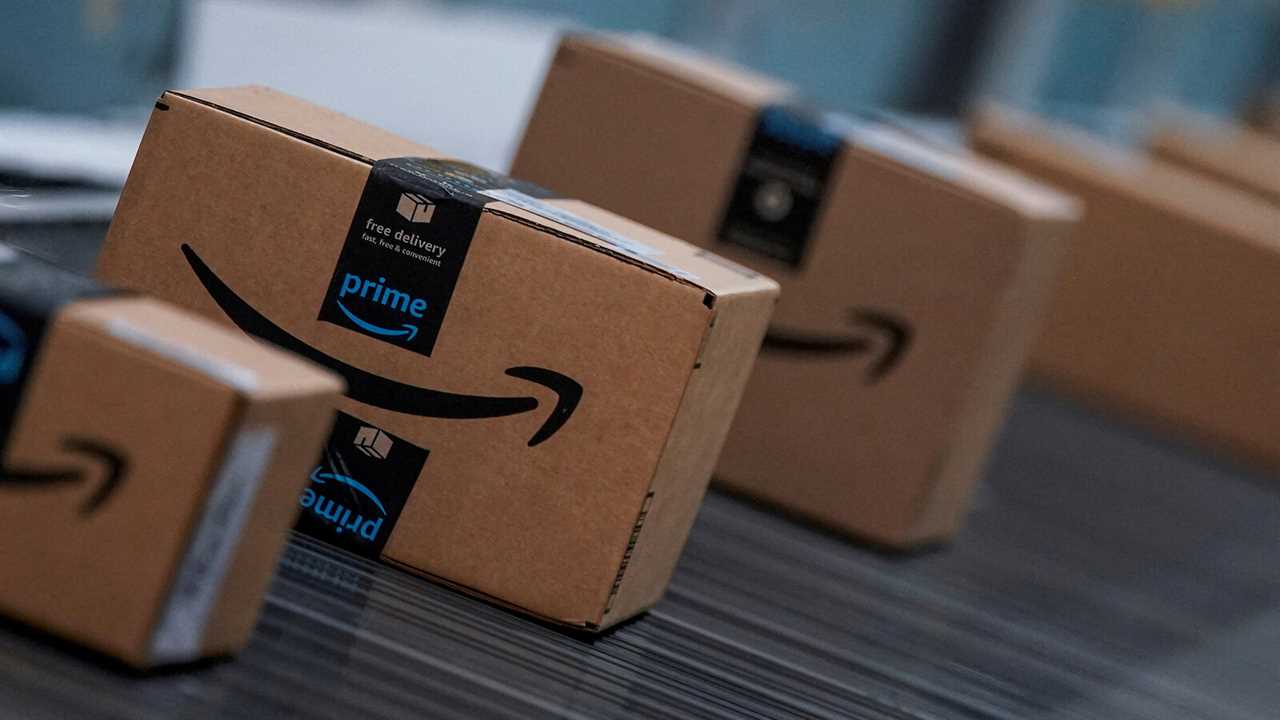
Amazon on Tuesday agreed to give merchants operating in the European Union more access to valuable real estate on its website, the European Commission said Tuesday, in a deal that ends antitrust investigations by regulators who said the company had used its size and power to stifle competition in the bloc.
The settlement helps Amazon avoid what could have been a multibillion-dollar fine, while giving the European Commission, the European Union’s executive branch, a victory in delivering long-sought changes to the world’s dominant online shopping platform. Under the deal, the company will also be barred from using nonpublic information it gathers about independent merchants to inform Amazon’s own product choices.
The deal is an attempt to put more guardrails between Amazon’s role as a digital storefront that many merchants depend on to reach customers, and as a maker of products that often compete with those outside sellers. The dual roles have created a conflict of interest, critics say, allowing Amazon to favor its own products and services over small rivals who have few other ways to reach customers online.
Already seen as the world’s most active regulator of the tech industry, the European Union is now acting even more aggressively. On Monday, antitrust regulators brought charges against Meta that could result in billions of dollars worth of fines for anticompetitive practices related to its marketplace service for selling goods. Apple and Google are also under investigation for possible antitrust violations.
Companies are also racing to comply with new E.U. laws passed this year that target the tech sector and take effect by 2024. The rules give regulators even more authority to crack down on what is seen as anticompetitive business practices and force social media companies to police user-generated content more actively.
The Amazon deal announced on Tuesday closely tracks with a preliminary deal announced in July. Under the settlement, Amazon has agreed to:
Give independent merchants equal access to the Buy Box — the purchase area with prominent buttons on a product’s listing that prompt customers to “Buy Now” or “Add to Cart.” Amazon said it would create a second offer box if there was a sufficient difference in price or time of delivery.
Stop using nonpublic data about merchants that sell on its website, including sales terms, revenue and inventory, that Amazon could use to make decisions about what competing products to create, sell and promote.
Allow outside sellers to participate in Amazon’s Prime program even if they don’t use Amazon’s logistics business, if they meet certain standards for delivery and service reliability.
The settlement lasts for five years and legally applies only to Amazon’s operations in the European Union.






